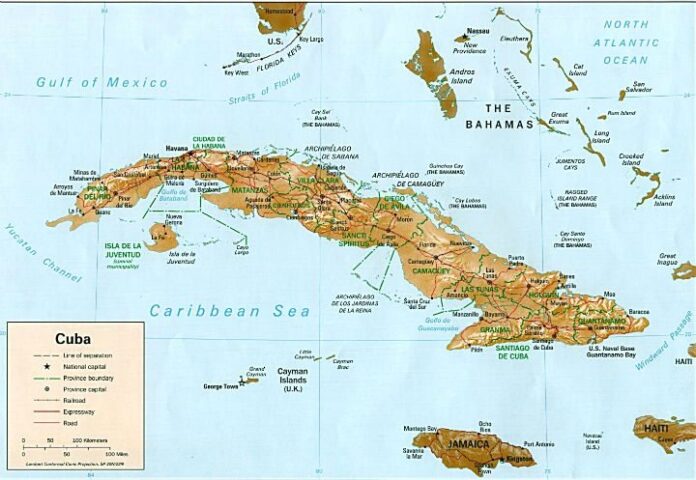Sprint claims it’s the first U.S. carrier with a direct roaming agreement in Cuba
Sprint furthered its incursion into Cuba, announcing it signed a wireless roaming agreement with the country’s Telecommunications Company of Cuba.
The deal provides a direct roaming agreement and a direct long-distance interconnection agreement with ETECSA, although actual implementation and details of the service have not yet been announced. Sprint cited stats predicting more than 3 million people from around the world are expected to visit Cuba this year, although no stats were noted mentioning Sprint customers.
“As the commercial relationship between the U.S. and Cuba continues to progress, it is expected that the number of travelers to Cuba will increase exponentially,” said Sprint CEO Marcelo Claure, who attended a signing ceremony in Havana as part of the U.S.-Cuba Business Council delegation. “We want to make sure any Sprint customer traveling to Cuba can use their phone the same way as they do in the United States.”
Sprint claimed its arrangement was the first by a U.S. wireless operator, even though Verizon Communications announced in September it would be the first U.S. carrier to offer roaming to customers in Cuba, charging $3 per minute for voice calls and $2.05 per megabyte of data.
Sprint’s Boost Mobile division in April launched its Cuba Monthly Connect plans that begin at $50 per month and include 15 minutes of calling and unlimited text messaging to Cuba on top of standard Boost Mobile features, which include unlimited calling and messaging within the U.S. and 5 gigabytes of high-speed data services. Sprint followed suit in June with the ability for customers to add the Cuba 20 Plus option to their domestic rate plans, which provides 20 minutes of calling to Cuba for $10 per month. Additional minutes are priced at 70 cents each.
T-Mobile US made its own Cuba incursion, announcing that the World Calling plan via its MetroPCS brand would include 20 minutes of calling to Cuba from the U.S.
President Barack Obama late last year announced U.S. telecommunications companies would be allowed to roll out infrastructure and provide commercial services in Cuba. As part of the announcement, U.S. companies are now able to export and sell communications devices, hardware, software and other items that apply to updating Cuba’s current communications system.
Bored? Why not follow me on Twitter

